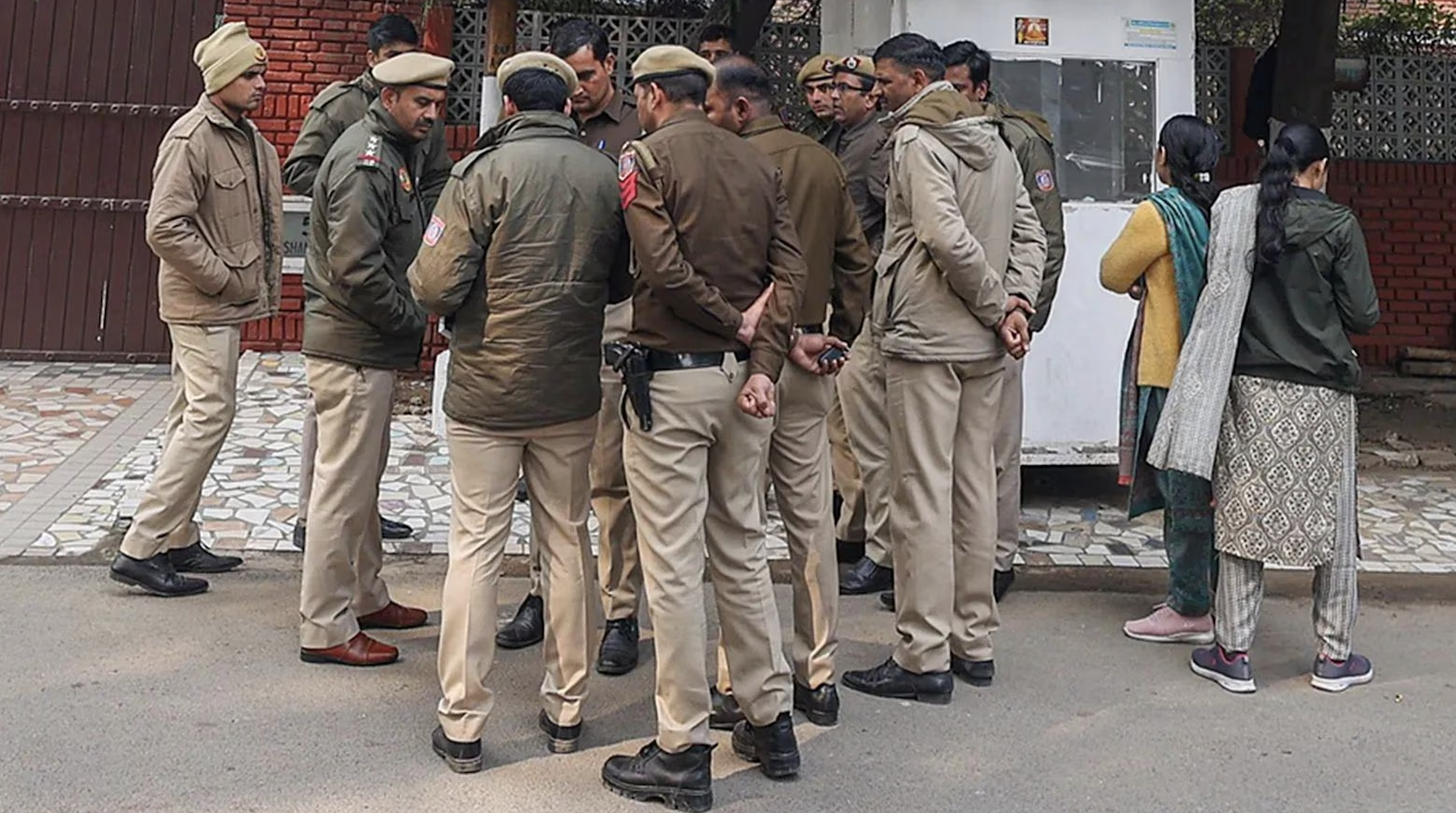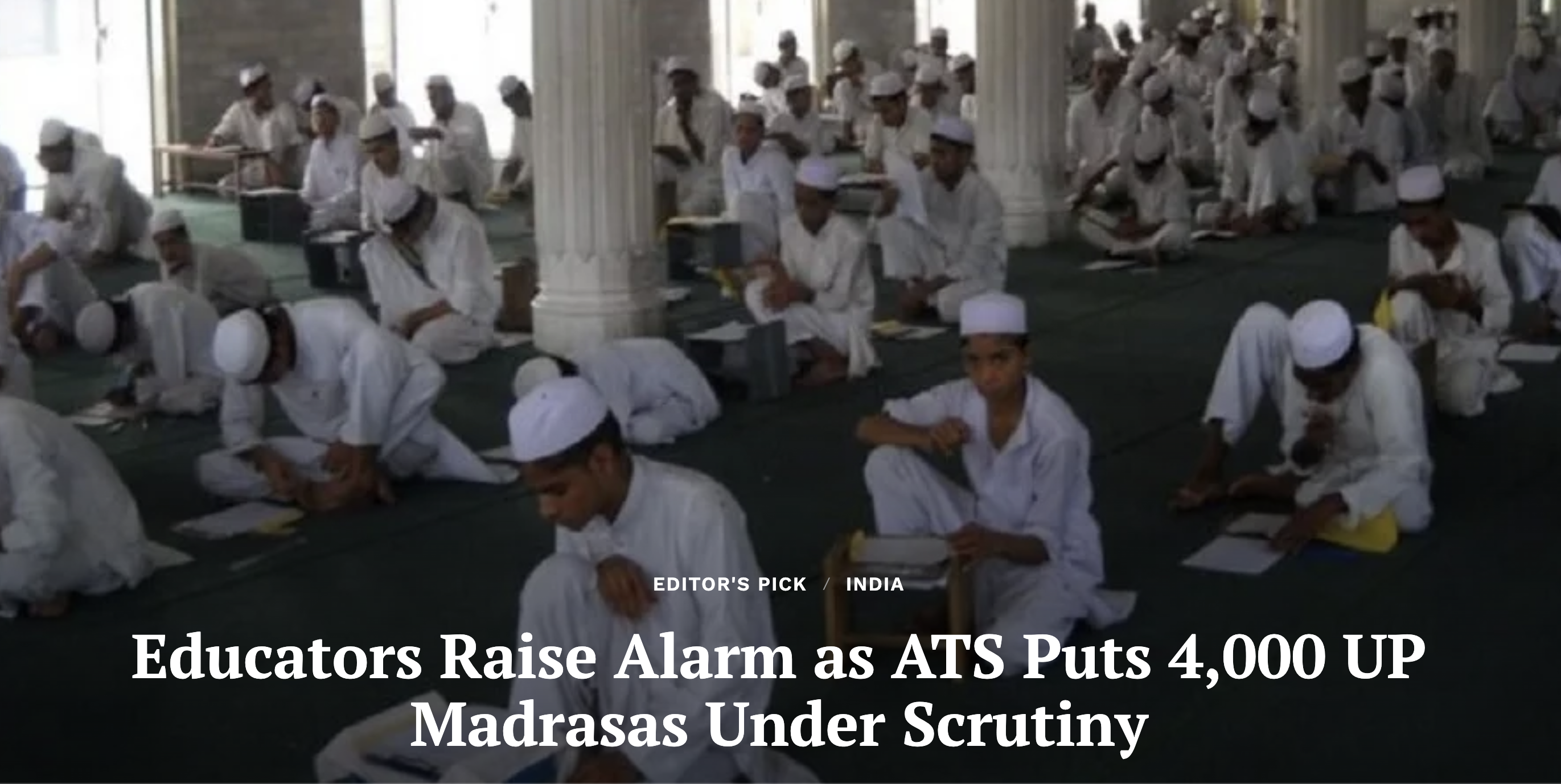
The Rajasthan government is set to introduce a tougher version of its proposed anti-conversion law in the state Assembly, according to The Indian Express. The Rajasthan Prohibition of Unlawful Conversion of Religion Bill, 2025 will be tabled during the Monsoon Session, which began on Monday.
State Law Minister Jogaram Patel confirmed that the earlier draft, brought in February, will be withdrawn. “The new bill has harsher punishments than the outgoing one to prevent the menace of conversion,” he told The Times of India.
Under the proposed law, anyone convicted of unlawful conversion could face between seven and 14 years in prison. If the case involves minors, disabled persons, women, or members of Scheduled Castes or Scheduled Tribes, the sentence would rise to 10–20 years. Mass conversions could invite punishment ranging from 20 years to life imprisonment along with a fine of at least ₹25 lakh.
The earlier version of the bill had prescribed a penalty of 3–10 years and a minimum fine of ₹50,000. The new draft also introduces life imprisonment for repeat offences in certain cases.
Patel further said that the law would not apply to people returning to their “original ancestral religion.” “If someone returns to their mool [original] religion, which we call ghar wapsi, then these provisions will not be applicable,” he said.
Hindutva groups often describe conversions of minorities to Hinduism as ghar wapsi, or “homecoming.”
If passed, Rajasthan will become the 12th state in India to enact such a law. Similar legislations are already in place in Odisha, Arunachal Pradesh, Gujarat, Chhattisgarh, Karnataka, Jharkhand, Haryana, Uttarakhand, Himachal Pradesh, Uttar Pradesh, and Madhya Pradesh.
Critics, however, argue that anti-conversion laws are routinely used to target religious minorities and interfaith couples.
This story was originally published in theobserverpost.com.






